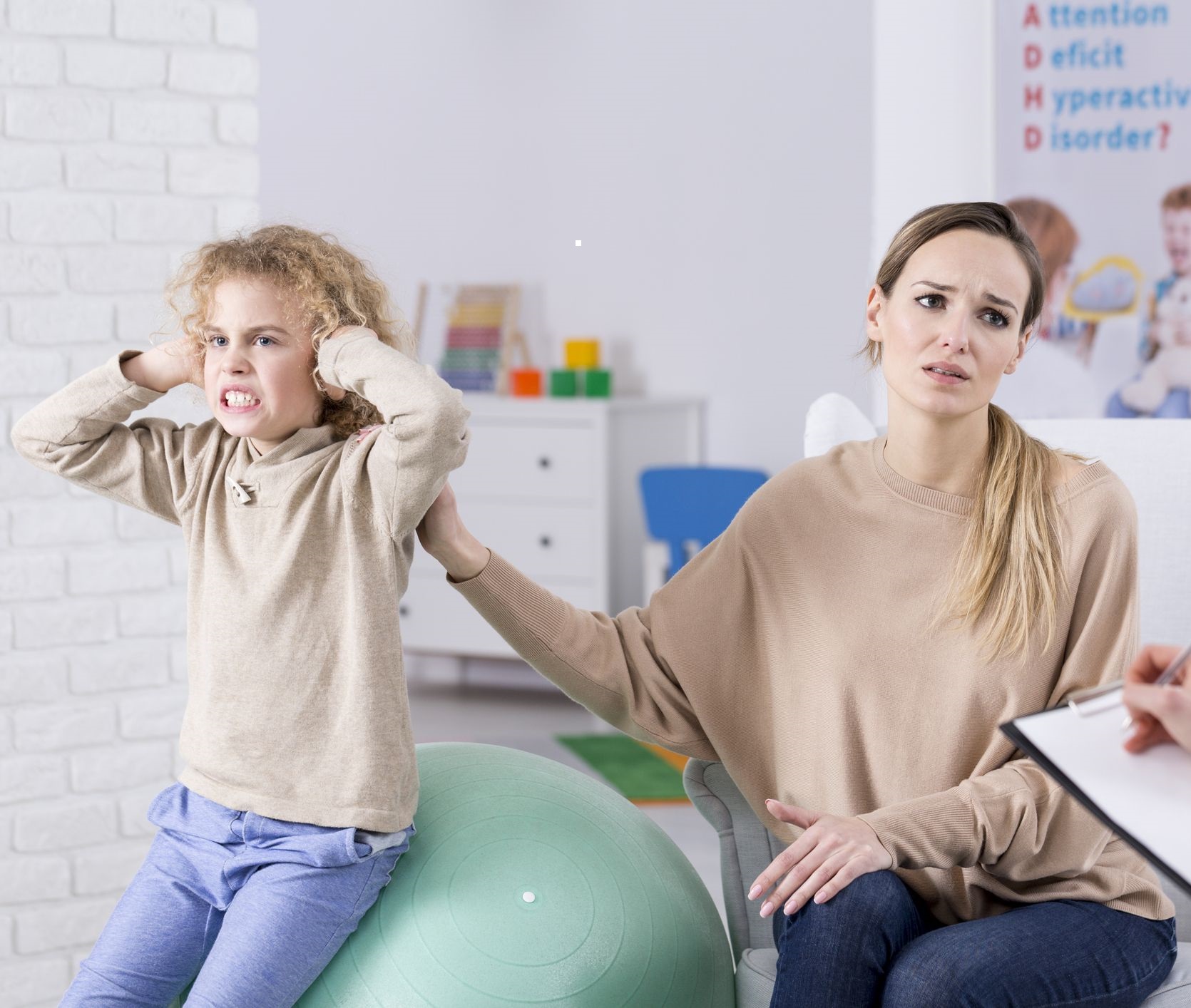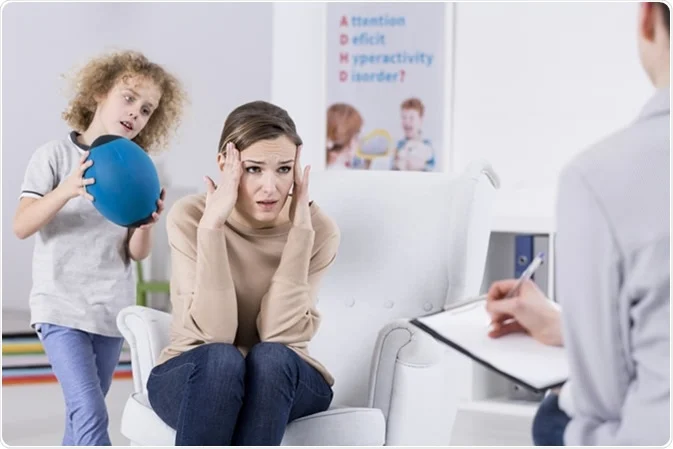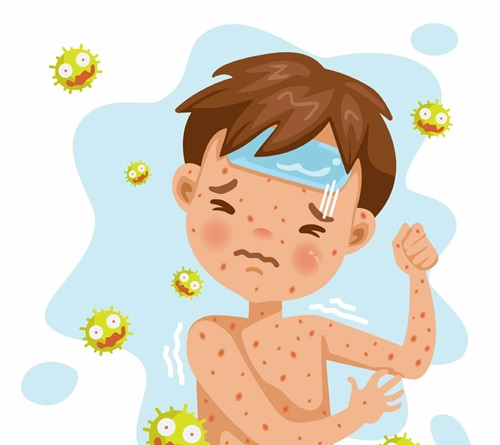
Attention Deficit Hyperactivity Disorder (ADHD)
Attention Deficit Hyperactivity Disorder (ADHD):
Attention Deficit Hyperactivity Disorder (ADHD) is a neurological disorder that affects brain development and activity. It is generally diagnosed in children and is characterized by symptoms such as impulsivity, lack of self-control, inattention, hyperactivity, and excessive movement. The disorder is typically first diagnosed in childhood and continues into adulthood, although some individuals may not be diagnosed until later in life. ADHD can have an impact on a child's performance at school, home, and in social situations.
The exact cause of ADHD is not entirely clear, but genetics appear to play a significant role. Children with a family history of the disorder, such as having a parent with ADHD, may be at a higher risk. Studies have also suggested that factors such as premature birth, exposure to pollutants during pregnancy, or maternal drug use during pregnancy may contribute to the development of ADHD. It is important to note that parenting and family behavior do not have a significant impact on the occurrence of the disorder, and the idea that sugar consumption can trigger ADHD is a misconception.
There are several subtypes of ADHD, each with different patterns of symptoms. The predominantly inattentive type involves difficulty focusing and paying attention, while the predominantly hyperactive-impulsive type is characterized by excessive activity and impulsivity. The combined type includes symptoms from both categories and is the most common subtype of ADHD.
How do I know if my child is suffering from Attention Deficit Hyperactivity Disorder (ADHD):
It is normal to sometimes feel that your child is very active, loves to play, and is enthusiastic about life. However, the symptoms of this disorder are more severe and can cause problems at school, work, and in general social life. It is important to maintain a good relationship with teachers and supervisors at school or daycare to monitor the child, as children spend most of their time in school. If you notice signs at home or if this disorder is present in the family, there are a set of signs and symptoms that may indicate that the child is suffering from ADHD, including:
- Significant inattention, such as forgetting the location of things, glasses, cell phone, school bag, assignments, and books.
- Avoiding tasks that require long periods of mental activity.
- Not appearing to listen when spoken to directly.
- Inability to concentrate in class and on tasks even when instructions are repeated.
- Fidgeting while sitting, being restless, and unable to stay in one place for a period of time.
- Engaging in odd behaviors such as climbing and jumping when it is not appropriate, feeling anxious without clear reason.
- Talking more than usual, not allowing others to speak, and being unable to wait.
- Unable to engage in quiet activities.




